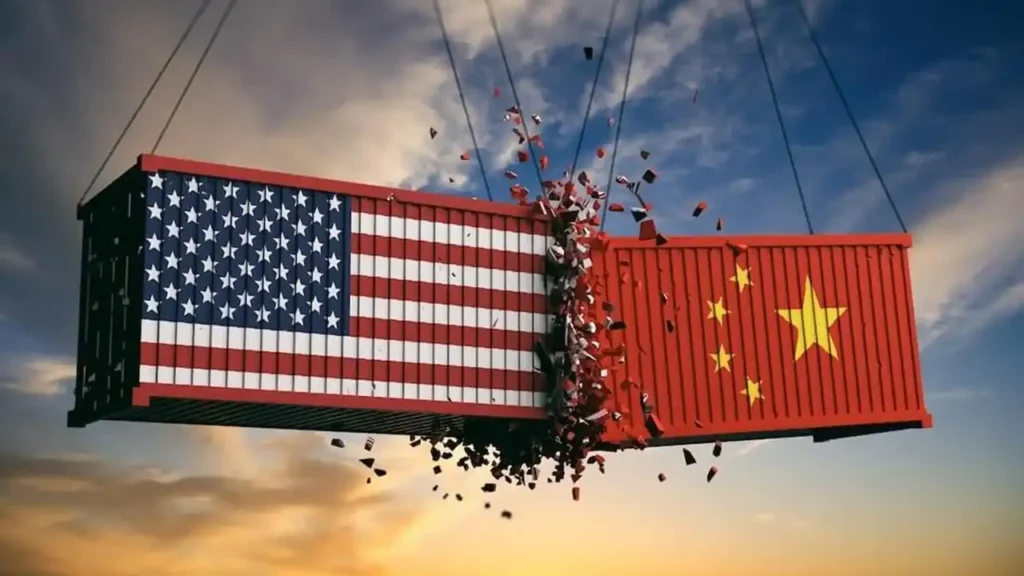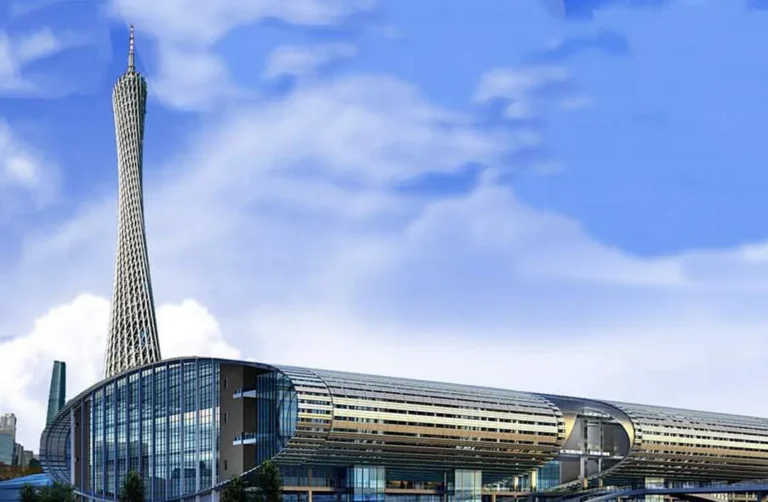Global trade policies shape how businesses source from China—and 2025 is no exception. Tariffs, export restrictions, and new agreements can make or break your bottom line. At MondeSource, we’re breaking down the latest changes and their impact on your sourcing efforts.
US-China Trade Tensions
Tariffs on Chinese goods remain a hurdle for US businesses. Electronics and apparel face up to 25% duties, pushing companies to diversify or optimize costs.
EU Green Regulations
The EU’s Carbon Border Adjustment Mechanism (CBAM) hits Chinese imports with extra fees unless they meet sustainability standards. Eco-certifications are now key.
Regional Trade Agreements
The RCEP (Regional Comprehensive Economic Partnership) boosts intra-Asian trade, giving China an edge in supplying neighboring markets.
Export Controls
China’s tightening rare earth and tech exports—think batteries and chips. Businesses may face shortages or higher prices for these items.
Logistics Costs
Trade policies aren’t just about tariffs. Rising fuel costs and port fees, driven by global instability, affect shipping from China.
How to Adapt
- Diversify Suppliers: Mix China with other regions to hedge risks.
- Go Green: Source sustainable goods to dodge EU penalties.
- Plan Ahead: Stockpile critical components before export rules tighten.
MondeSource’s Role
We monitor trade policies so you don’t have to. Our team finds compliant suppliers, negotiates deals, and optimizes shipping to keep your costs low.
Conclusion
Global trade policies in 2025 will challenge sourcing from China—but smart planning turns obstacles into opportunities. Partner with MondeSource to stay ahead of the curve.







В сети встречается бесплатная база для хрумера, но важно проверять ее актуальность.
Hey there!
Welcome to Moviezhive.com, where blockbuster entertainment is just a click away!
Stream a vast collection of Bollywood, Hollywood, and international movies for free—no subscriptions, no hassles.
What Makes Us Special?
✔️ Thousands of movies across all genres
✔️ Zero pop-up ads for seamless viewing
✔️ Advanced zero-buffering tech for smooth playback
✔️ Fresh titles added regularly
Can’t find a movie? Request it, and we’ll upload it fast!
Watch anytime, anywhere. Visit https://moviezhive.com now and start your movie adventure!
Enjoy the Show,
The Moviezhive Team
Часто требуется установка хрумера на сервер https://www.olx.ua/d/uk/obyavlenie/progon-hrumerom-dr-50-po-ahrefs-uvelichu-reyting-domena-IDXnHrG.html, чтобы обеспечить максимальную производительность.